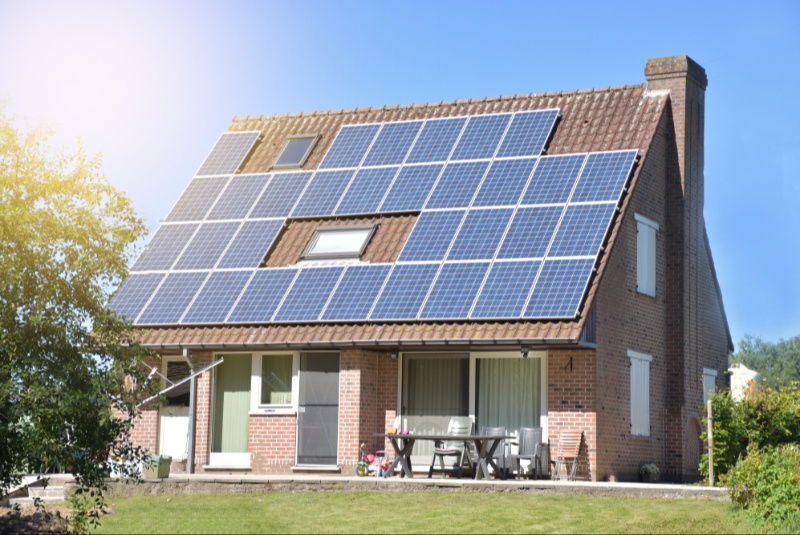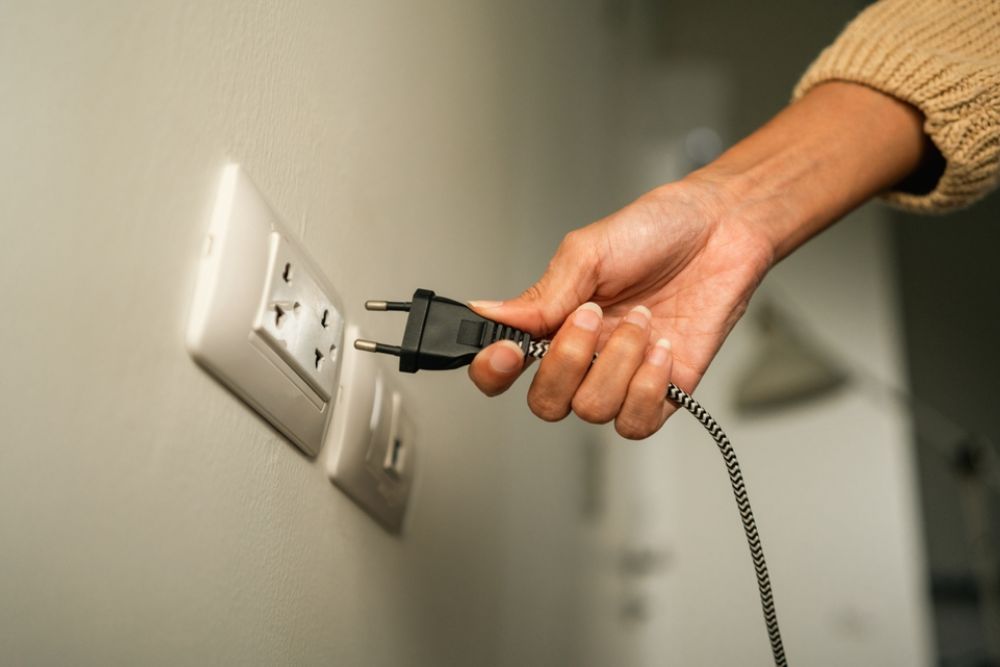Assessing Your Solar Potential
Before diving into the vast world of solar panels, it’s crucial to assess your home's solar potential. This step involves understanding how much sunlight your property receives, which is influenced by location, roof orientation, shading from trees or buildings, and the roof's size. A south-facing roof without shade in the Northern Hemisphere typically offers the best solar energy capture, but other orientations can still be viable. Tools like Google's Project Sunroof or consultations with solar energy providers can offer insights into your home’s solar potential, helping you estimate the size and type of solar panel system that would be most effective. This initial assessment lays the groundwork for a more informed and tailored approach to choosing solar panels that meet your energy needs and sustainability goals.
Understanding Solar Panel Types
Solar panel technology has evolved, offering homeowners a variety of options, each with its own set of advantages and drawbacks. The three main types of solar panels used in residential settings are monocrystalline, polycrystalline, and thin-film. Monocrystalline panels, made from single-crystal silicon, are known for their high efficiency and sleek appearance but come at a higher cost. Polycrystalline panels, made from fragments of silicon, offer a more affordable alternative but with slightly lower efficiency. Thin-film panels, flexible and lightweight, provide a versatile option for non-traditional surfaces but typically have the lowest efficiency. Understanding these differences is key to choosing the right solar panels for your home, balancing efficiency, cost, and aesthetic preferences to meet your energy needs and sustainability goals.
Calculating Your Energy Needs
To select the appropriate size for your solar panel system, you must first understand your household's energy consumption. This can be done by reviewing your electricity bills to determine your annual electricity usage, which is usually measured in kilowatt-hours (kWh). With this information, you can estimate the size of the solar panel system needed to meet your energy needs. It's also important to consider any future changes that might increase your energy consumption, such as adding an electric vehicle or expanding your home. Consulting with a solar energy expert can help translate your energy needs into the specific number of panels required, ensuring your system is neither under- nor oversized for your actual consumption.
Evaluating Panel Efficiency and Quality
Solar panel efficiency, which measures how effectively solar panels convert sunlight into electricity, is a critical factor in your selection. Higher efficiency panels generate more electricity per square foot, making them ideal for roofs with limited space. However, they also tend to be more expensive. When evaluating efficiency, it’s important to balance the cost with your available roof space and energy needs. Additionally, the quality and durability of solar panels are vital for ensuring long-term performance and return on investment. Look for panels with strong warranties, typically around 25 years, and certifications from reputable organizations, which indicate rigorous testing and reliability.

Considering Costs and Incentives
The upfront cost of solar panels can be a significant consideration, but it's essential to look at the long-term savings on electricity bills and potential increases in home value. Additionally, there are various financial incentives available to homeowners, such as federal tax credits, state rebates, and solar renewable energy certificates (SRECs), which can significantly reduce the net cost of your solar panel system. Researching and applying for these incentives is a crucial step in making solar energy more affordable. Financing options, like solar loans or leases, can also make going solar accessible without a large upfront investment. By carefully considering these financial aspects, you can make a more informed decision that aligns with your budget and sustainability goals.
Finding a Reputable Solar Installer
Selecting a reputable solar installer is as crucial as choosing the right solar panels. A skilled and experienced installer will not only ensure your system is correctly sized and efficiently installed but also navigate the permitting process and maximize your investment through expert advice on the best products and incentives. Look for installers with certifications from recognized industry organizations, positive reviews, and a strong track record of installations in your area. Requesting multiple quotes can also help you compare services, warranties, and costs, ensuring you find the best partner for your solar energy project.
Planning for the Future
When choosing solar panels for your home, it’s important to consider not only your current energy needs but also how they might change in the future. Advances in solar technology, potential increases in household energy consumption, and the possibility of adding energy storage systems like batteries should all be considered. Selecting a flexible and scalable solar panel system can help accommodate future needs, whether it's expanding the system to cover increased energy usage or integrating it with new technologies. Planning with the future in mind ensures your investment remains beneficial and adaptable in the long run, contributing to a sustainable and resilient energy solution for your home.
Making the Choice: Embracing Solar Energy
Deciding to install solar panels is a significant step towards sustainable living, reducing reliance on fossil fuels, and decreasing electricity bills. By carefully assessing your solar potential, understanding the different types of solar panels, calculating your energy needs, evaluating panel efficiency and quality, considering costs and incentives, finding a reputable installer, and planning for the future, you can make an informed decision that meets your sustainability goals and energy needs. Embracing solar energy not only benefits your household but also contributes to a cleaner, more sustainable future for all. With the right approach and considerations, you can embark on your solar journey with confidence, enjoying the sun's power for years to come.




